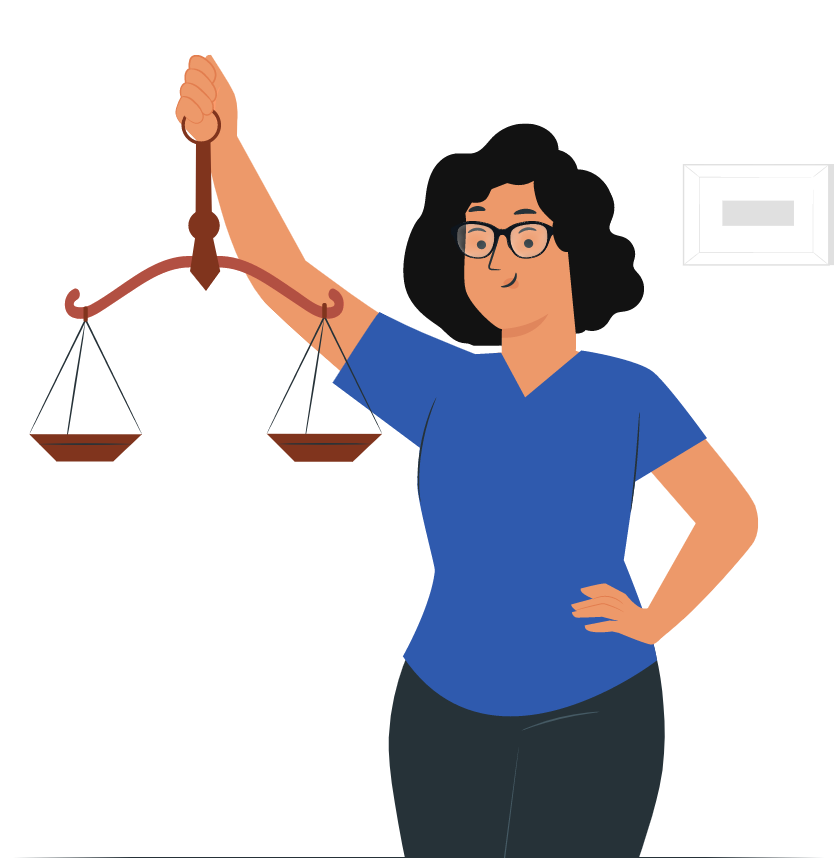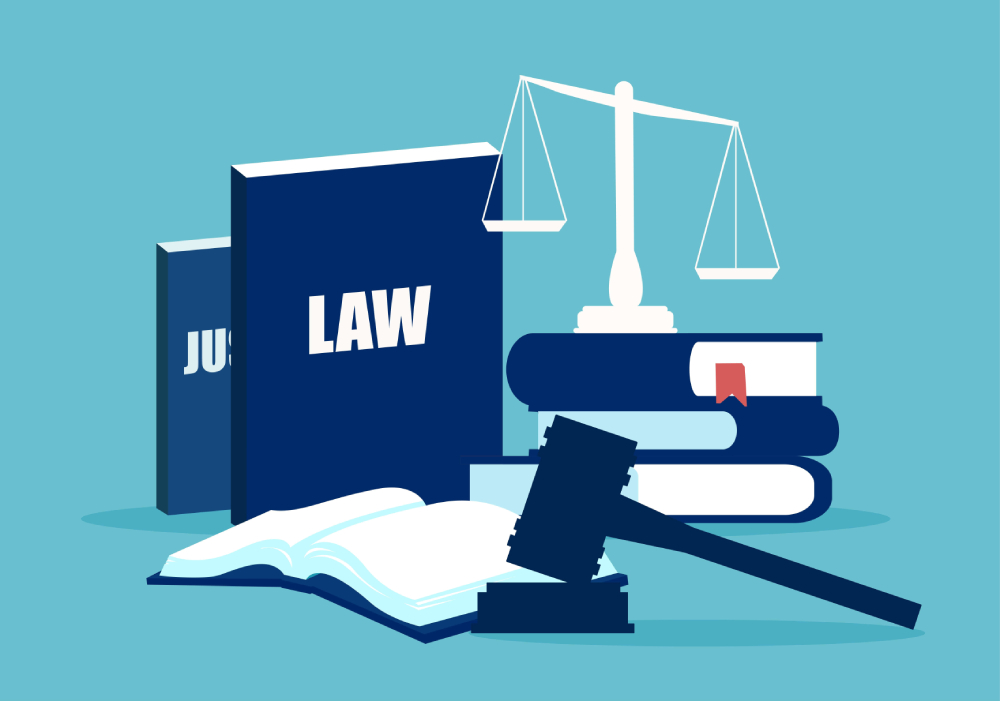It may feel morbid to talk about how your loved ones will move on after your death, but it’s better to secure their future after you are gone than to leave it up to chance. A last will and testament will go a long way, and a good New York City estate planning attorney can help.
There are different kinds of wills, different times at which they should be applied, and different steps you should take to protect your assets and your family. Your last will and testament are essential for providing for your family in the future. However, a last will and testament only becomes a legally binding document after your death.
The living will attorneys at the Law Offices of Diron Rutty can help ensure that your will represents your interests throughout all the potential changes that may occur from now and into the future.




